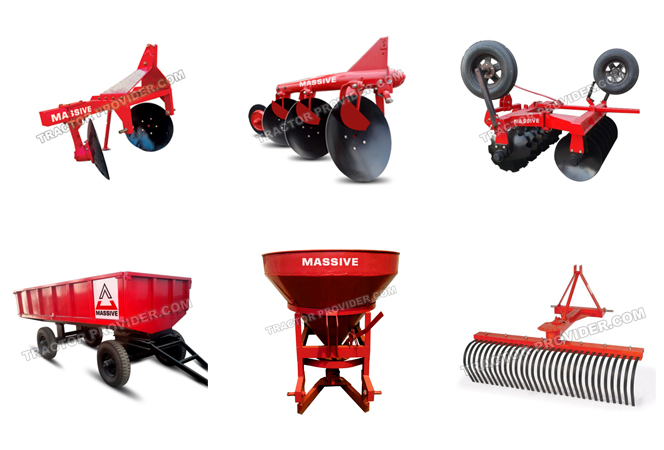Farm Implements In Uganda

Опис товару
Farm implements in Uganda play a crucial role in the agricultural landscape, contributing significantly to the country's food production and economic development. These implements encompass a diverse range of tools and machinery designed to enhance efficiency and productivity in farming practices. Traditional hand tools, such as hoes and machetes, remain prevalent in many Ugandan farms, reflecting the importance of manual labor in small-scale agriculture. However, there is a growing adoption of modern farm machinery to meet the increasing demand for food and improve overall farm productivity. Tractors are key farm implements transforming the agricultural sector in Uganda. They are used for plowing, harrowing, and planting, reducing the reliance on manual labor and significantly increasing the scale of cultivation. Small-scale farmers, as well as larger commercial farms, are incorporating tractors into their operations, leading to improved yields and economic returns. Seeders and planters are also vital in the country's agriculture. These implements facilitate precise and timely planting, contributing to better crop establishment and uniform growth. As a result, farmers can optimize their use of seeds and enhance overall crop yield. Furthermore, irrigation equipment is becoming increasingly important in Uganda, particularly in regions with erratic rainfall patterns. Drip and sprinkler systems are helping farmers manage water resources efficiently, ensuring consistent crop growth throughout the year. The use of plows, harrows, and cultivators is evolving to meet the specific needs of Ugandan farmers. These implements contribute to soil preparation, weed control, and overall land management, promoting sustainable and environmentally friendly farming practices. Despite the progress, challenges such as limited access to modern farm implements, high costs, and a lack of technical expertise persist. Government initiatives, NGOs, and private-sector collaborations are working to address these issues, promoting the adoption of farm implements through subsidies, training programs, and improved access to credit. In conclusion, farm implements in Uganda are undergoing a transformative shift, with a blend of traditional and modern tools driving agricultural advancements. As the country strives to enhance food security and boost economic growth, the continued adoption of efficient and sustainable farm implements remains a critical component of its agricultural development strategy. "Price Starting From"

